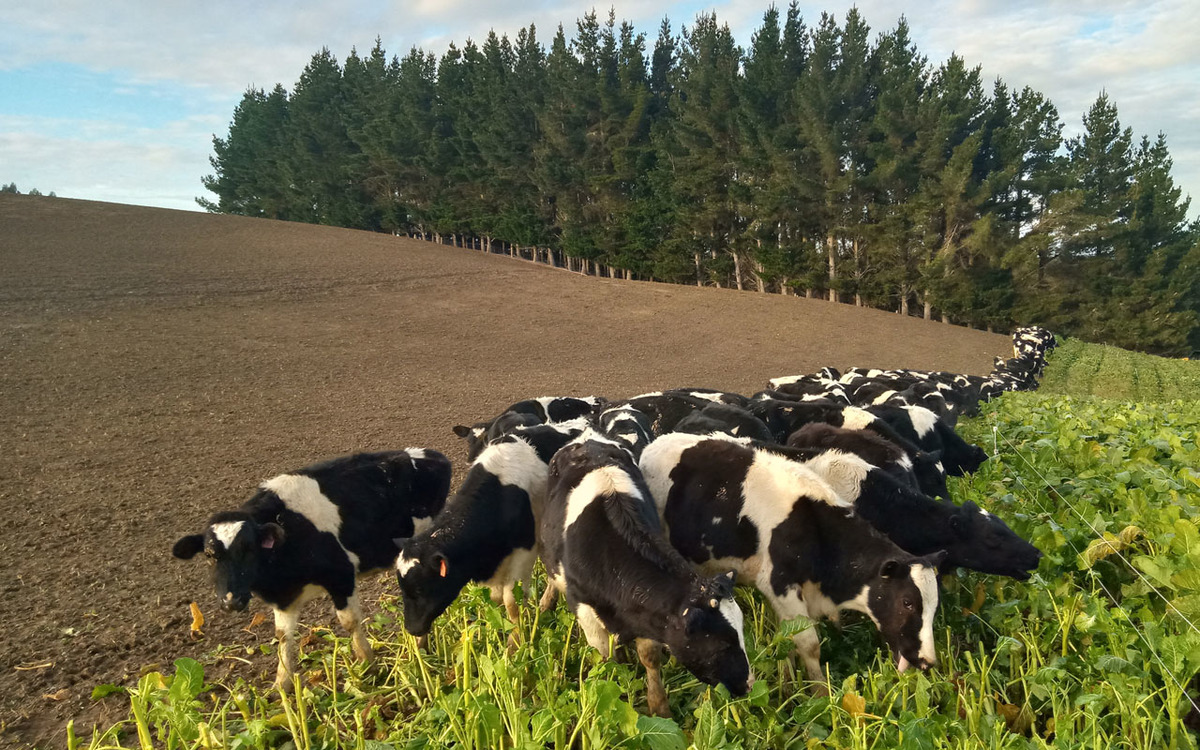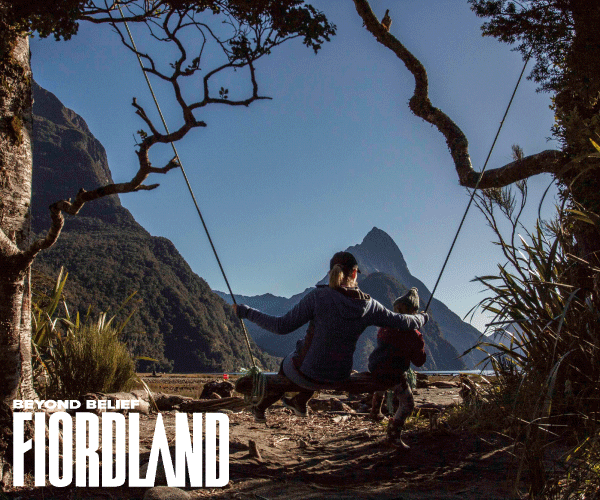Environment Southland gets legal advice on new freshwater regulations
Marjorie Cook
02 September 2020, 2:24 AM
 Winter grazing practices clarified. PHOTO: BERNADETTE HUNT
Winter grazing practices clarified. PHOTO: BERNADETTE HUNTEnvironment Southland has received legal advice about wintering over provisions contained within new Government regulations addressing freshwater management.
Southland farmers have been up in arms over the new provisions, many of which were criticised for not being practical or unable to be implemented. They come into effect tomorrow (Thursday September 3).
Environment Southland chairman Nicol Horrell was sympathetic with farmers and last week agreed a winter crop resowing deadline of November 1 was unlikely to be enforced if bad weather prevented farmers from getting their spring crops in the ground.
Minister of Agriculture Damien O’Connor last week announced that changes to some of the provisions had been gazetted.
Environment Southland issued a newsletter on Monday providing some more detail on how the regional council would be implementing the new government regulations under the National Policy Statement for Freshwater Management (NPS-FM), the Resource Management Act, and a new National Environmental Standard for Freshwater (NES).
The newsletter noted the stress people had experienced as they came to grips with what the new rules meant, particularly the intensive winter grazing rules.
“Environment Southland has sought legal advice on the implementation of the wintering provisions. This legal advice confirms that if you carried out intensive winter grazing in 2020 and you're not planning on making any changes to the scale, scope or intensity of your wintering, then you have what's called 'Existing use rights'.
"This means that you have a 6-month period to apply for a consent from when the wintering regulations come into force - 1 May 2021 - to apply for consent. You can carry out your winter grazing next year, but you may need to apply for a consent under the new rules by 31 October 2021,’’ the newsletter said.
The newsletter urged farmers who were planning changes to their winter grazing regime to chat with Environment Southland staff first to see what they might need to do.
“Winter grazing is still a permitted activity provided you can meet the criteria in the rule and the NES. We can help you work that out,’’ the newsletter says.
One of the changes made by the Government last week was to the definition of “pugging”.
Soil pugging caused by cattle hooves is now a trigger for needing a consent for intensive winter grazing, requiring farmers to pay close attention to good soil management practices, such as paddock selection and having buffers.
Pugging has been clarified to be defined as “the penetration of soil by hooves of grazing livestock of more than 5cm”.
Environment Southland said the depth condition has also been clarified “to exclude areas of animal congregation like gateways and around water troughs where pugging is highly likely’’.
The new provision reads “pugging at any one point must not be deeper than 20 cm, other than in an area that is within 10 m of an entrance gate or a fixed water trough”.
Environment Southland said it would continue to prioritise its analysis of the new regulations so it could provide more comprehensive guidance around changes to wetlands and rivers, intensive winter grazing, intensification, stockholding areas and stock exclusion.
“We will be working with industry groups, business, consultants and others to discuss the requirements and get their input into the consent and compliance processes,’’ it said.





